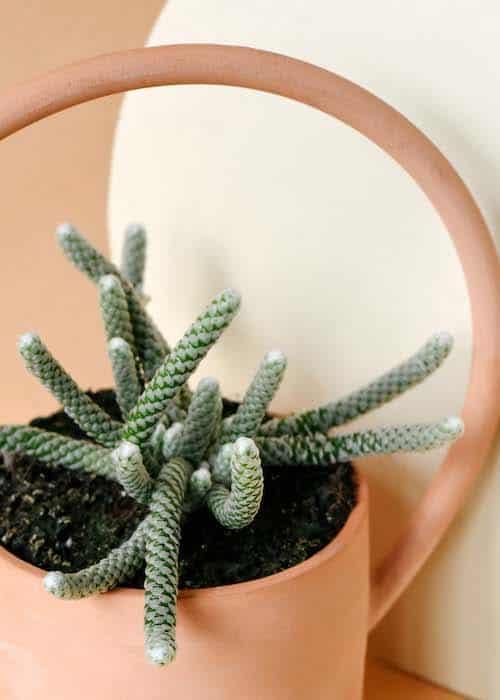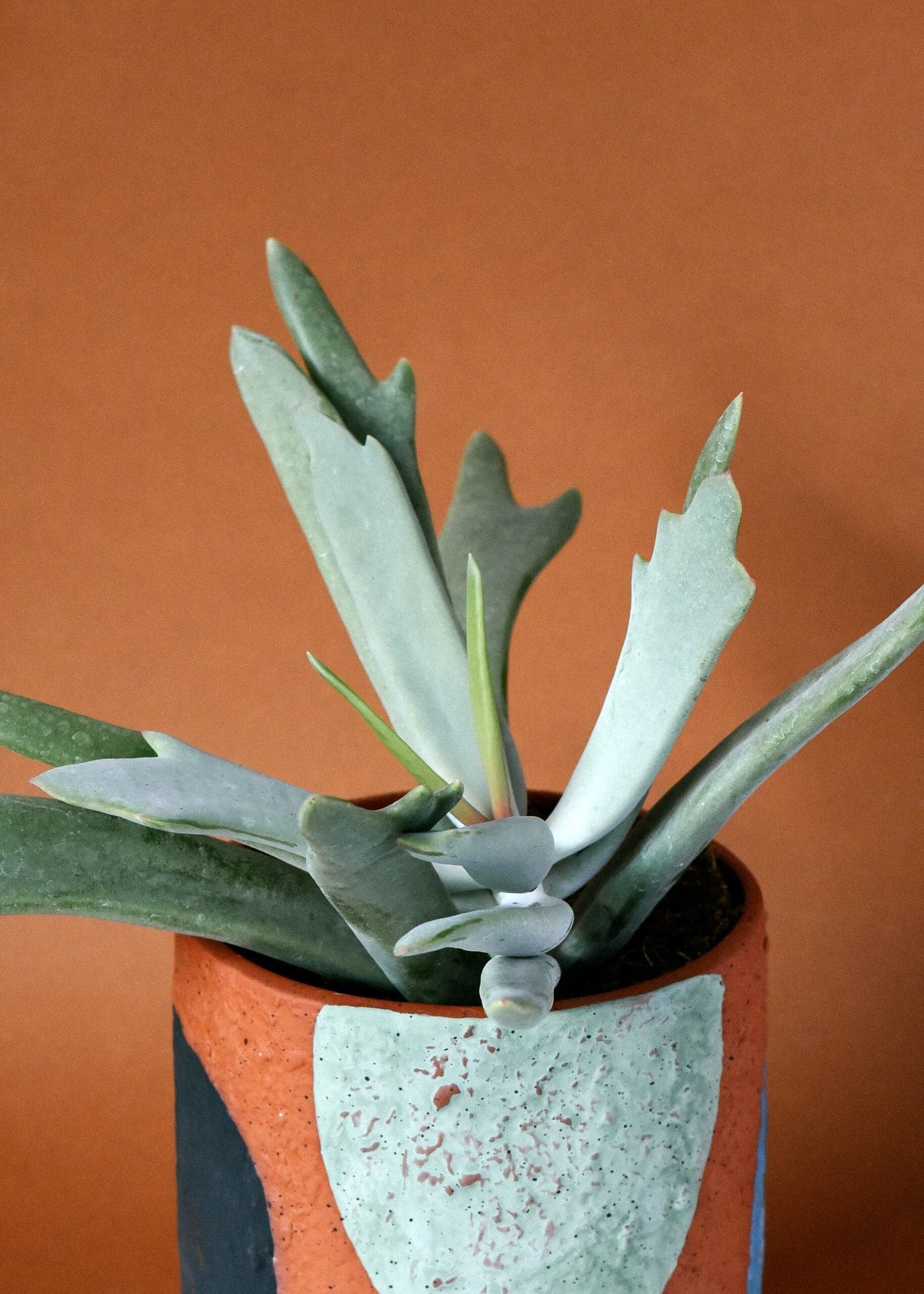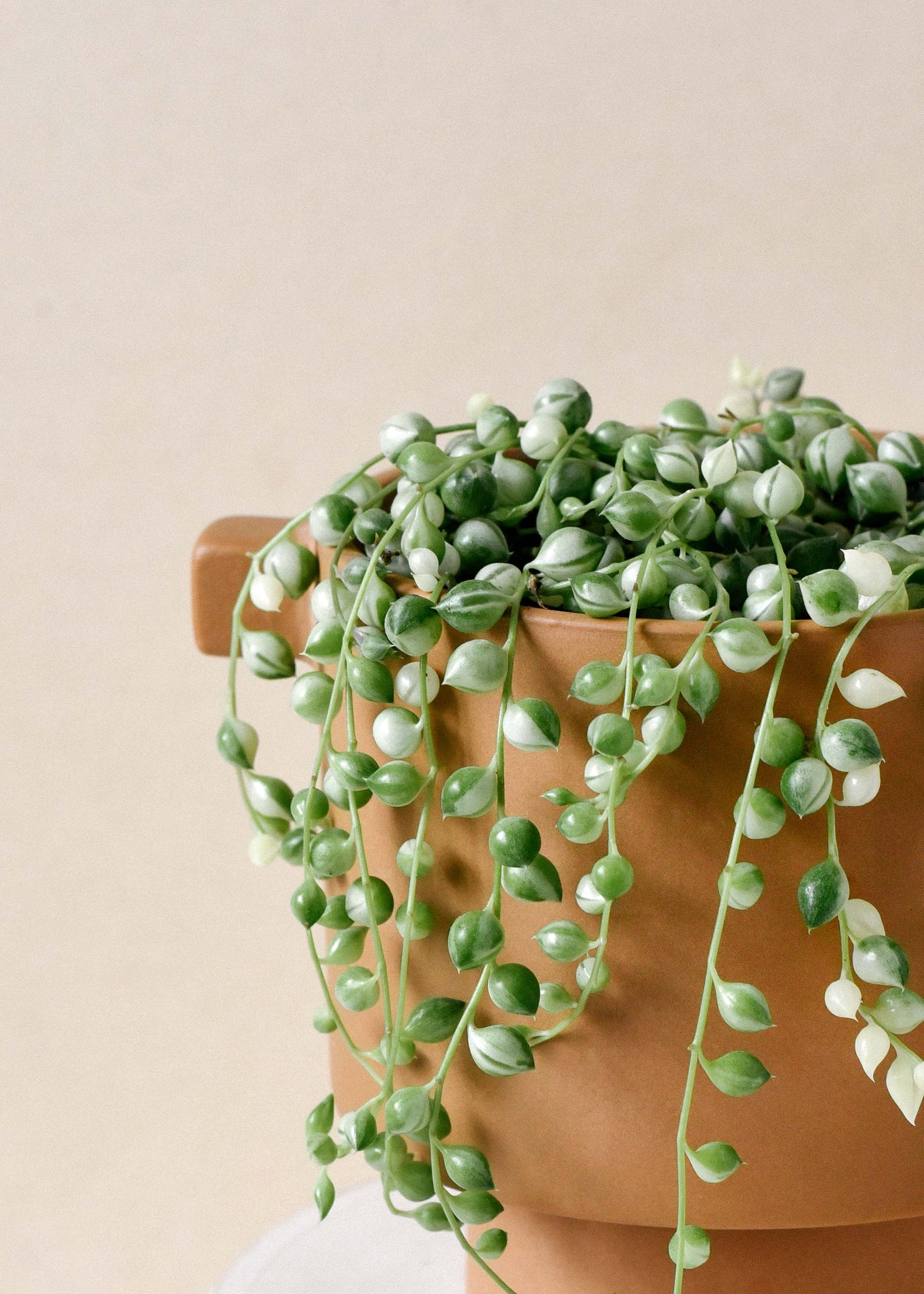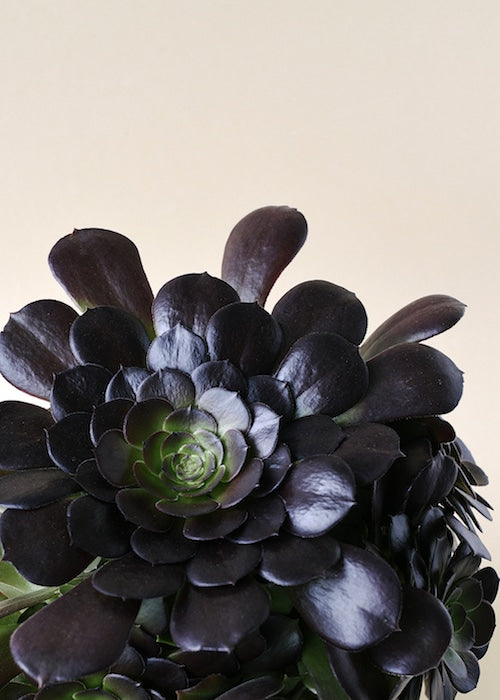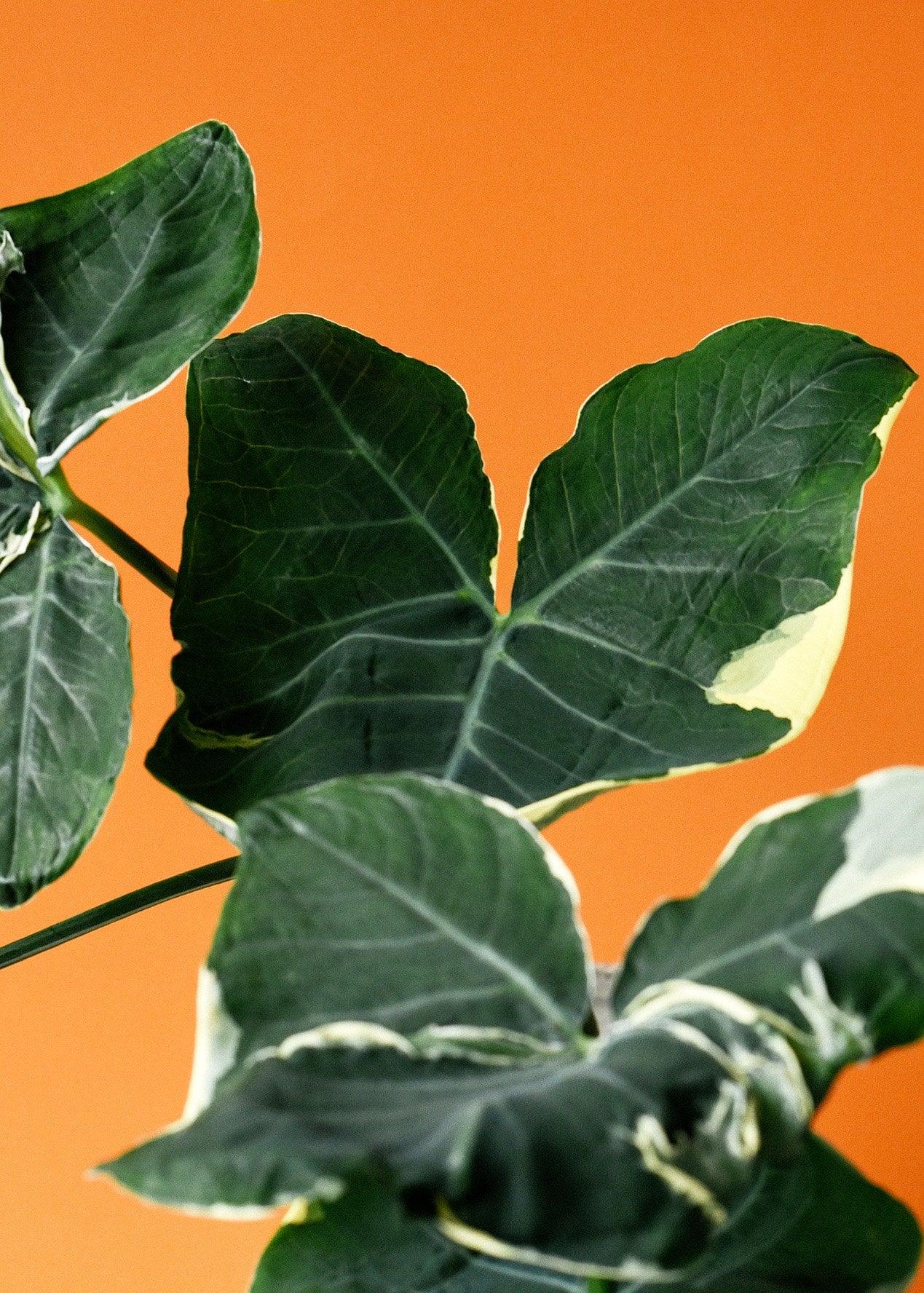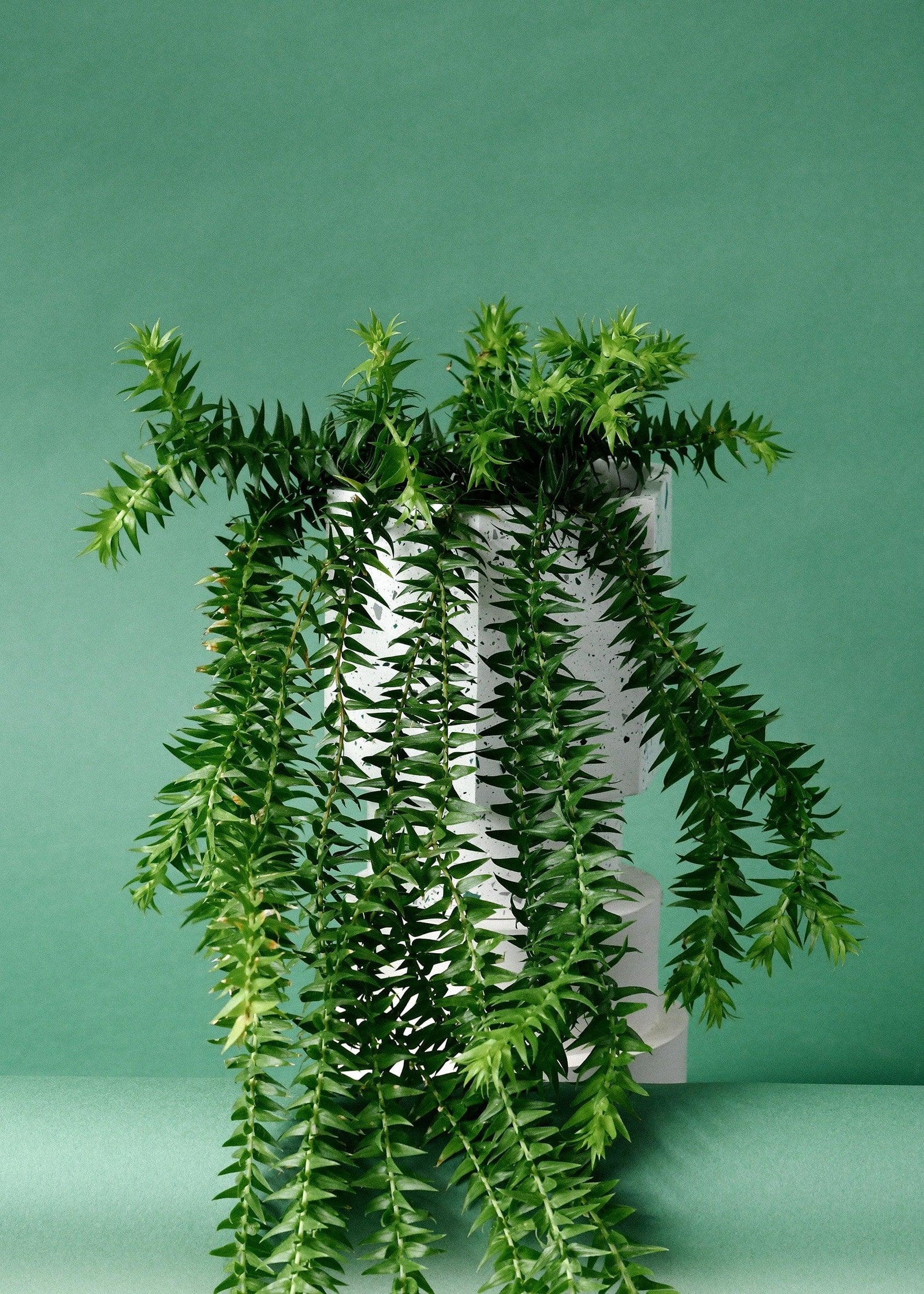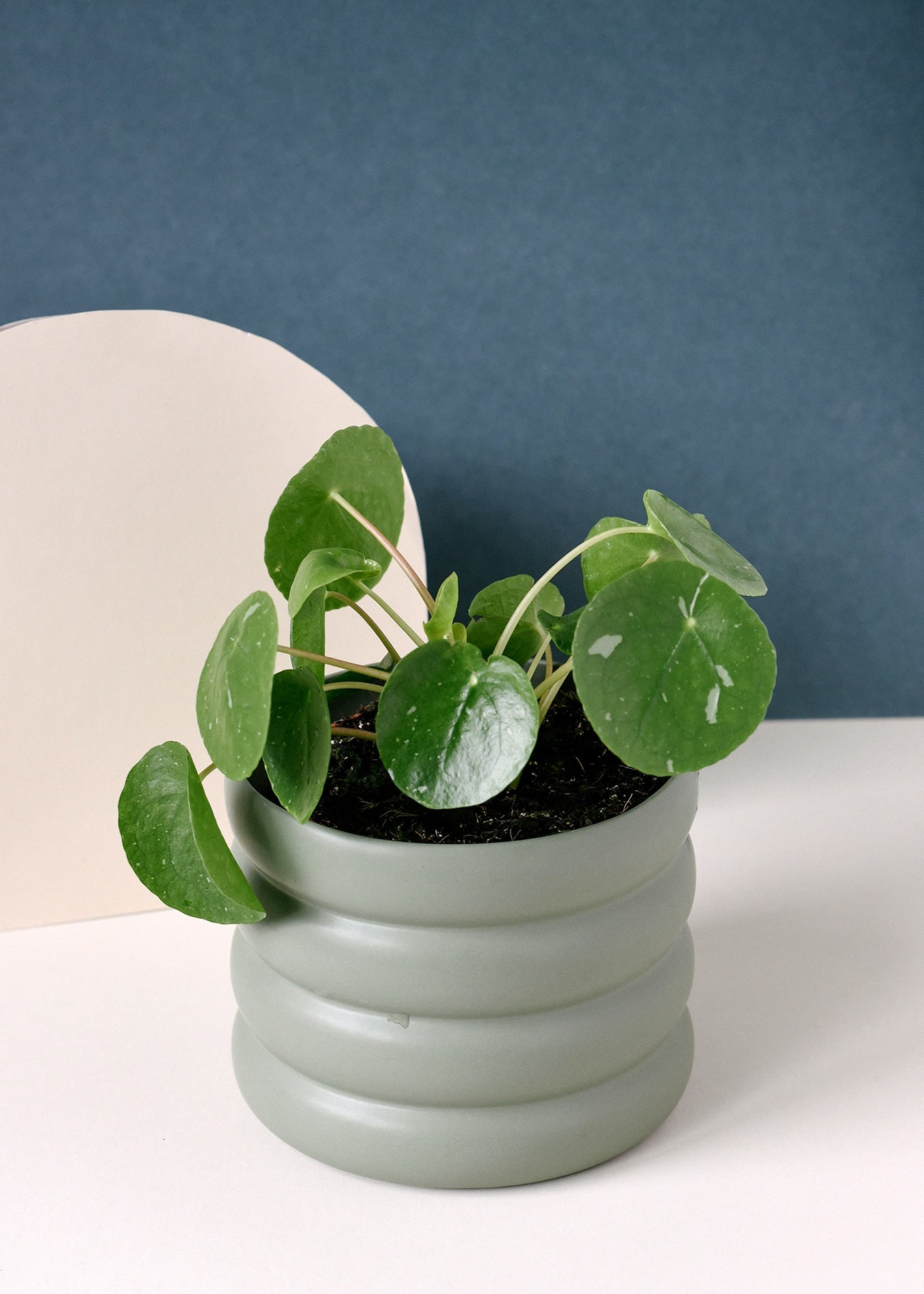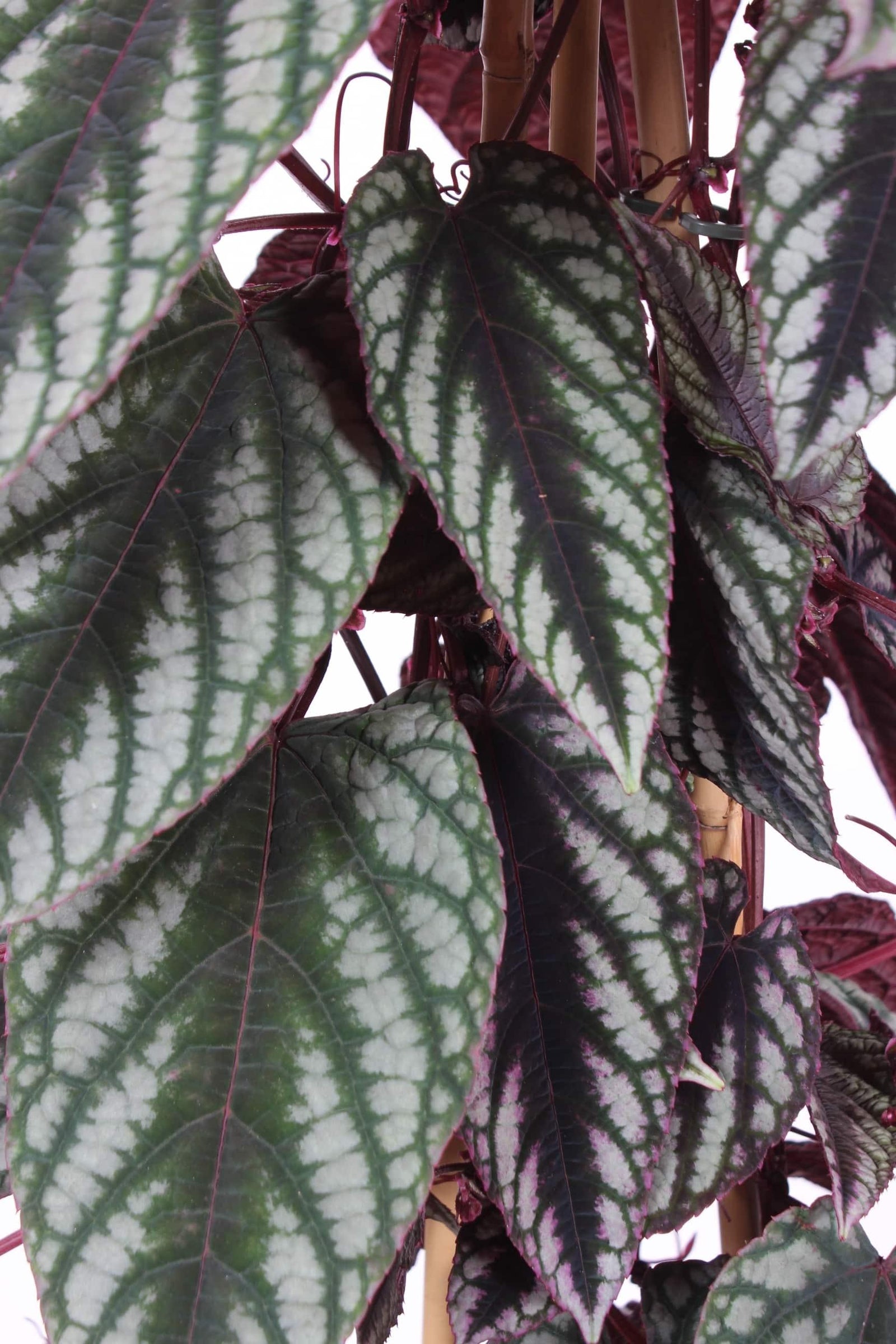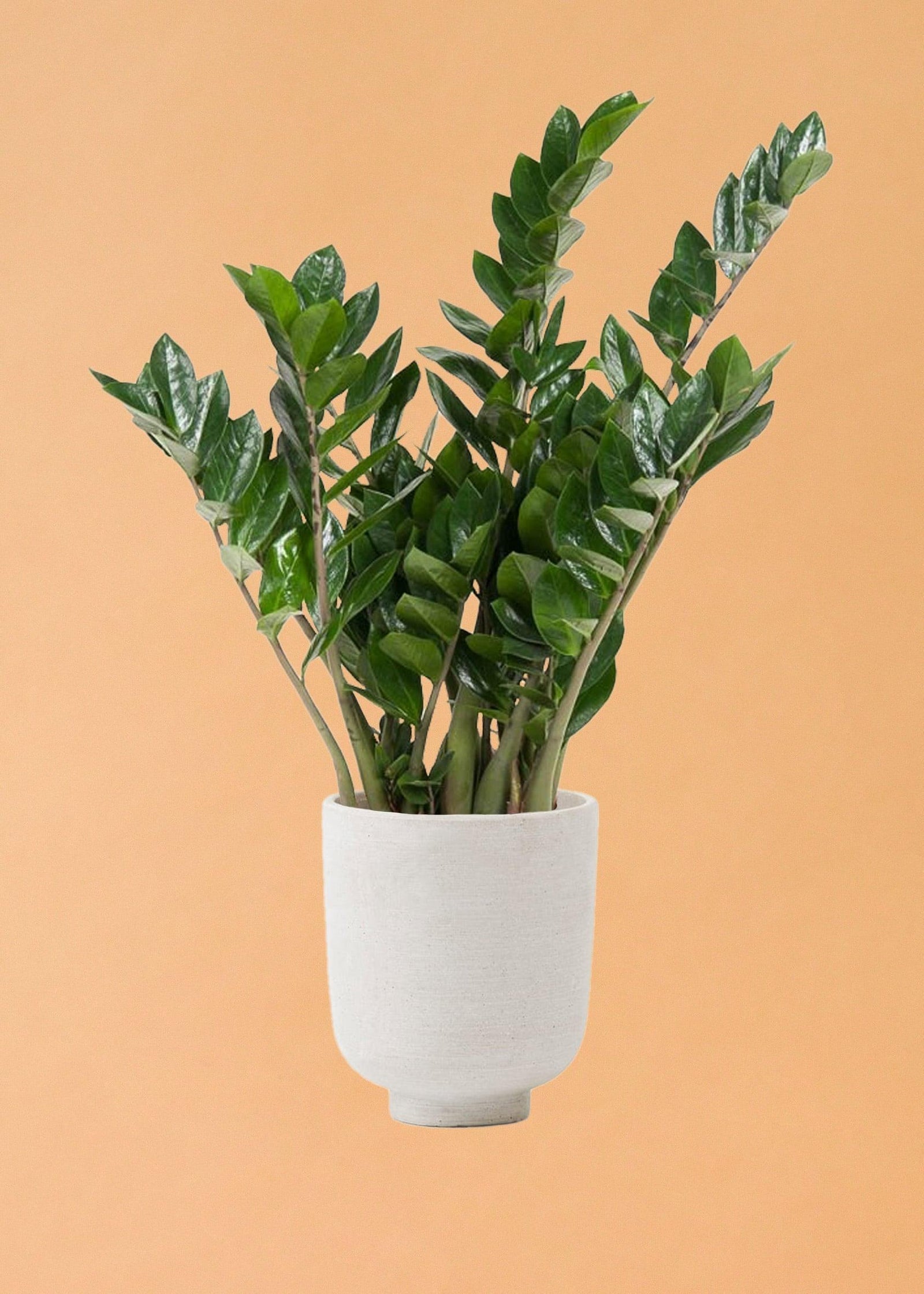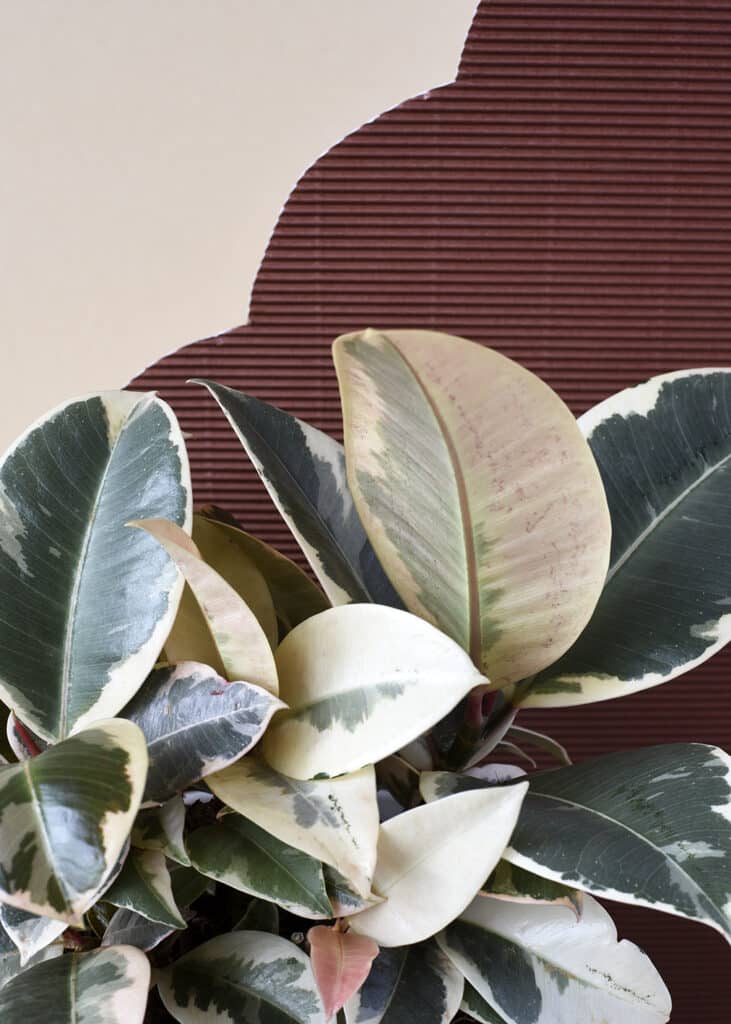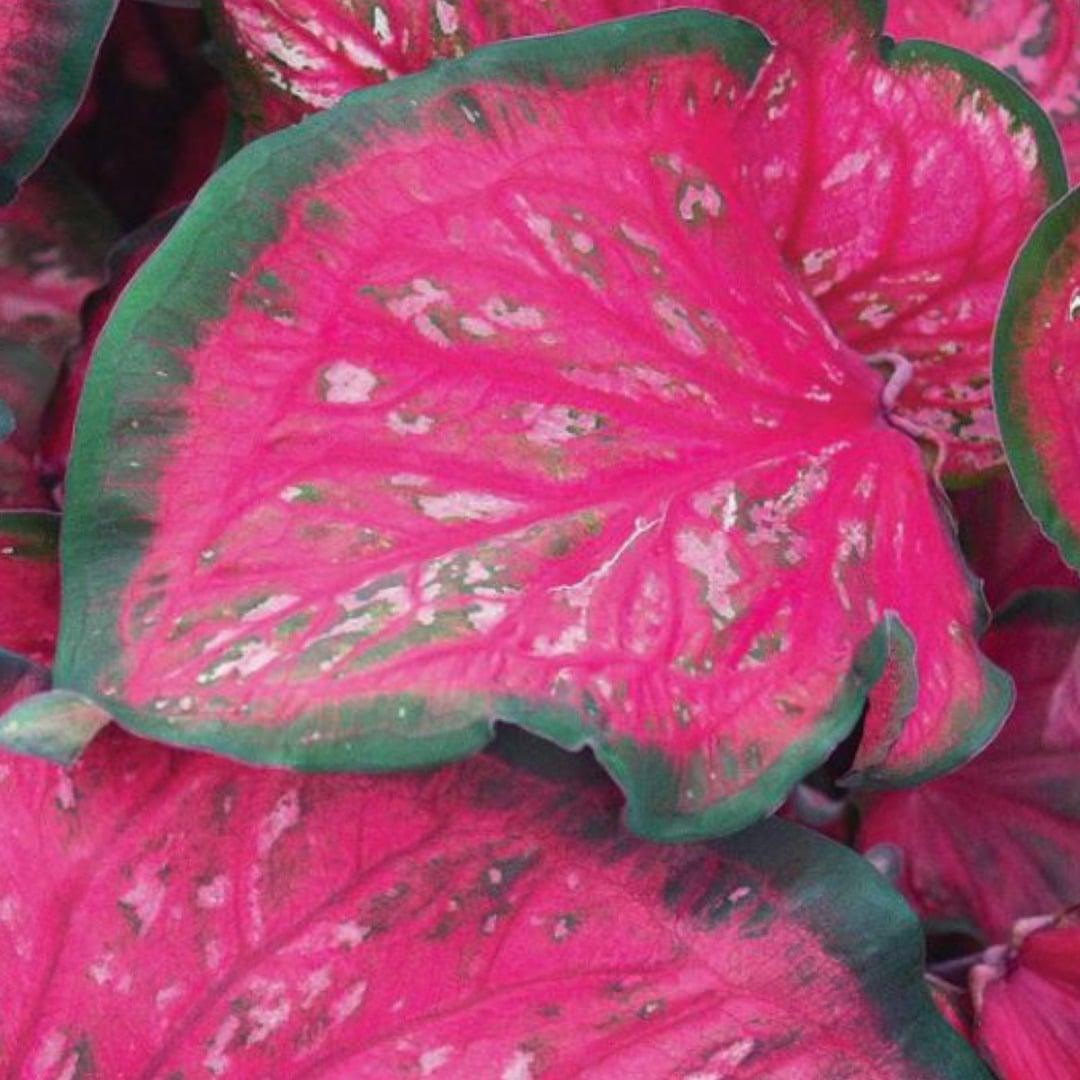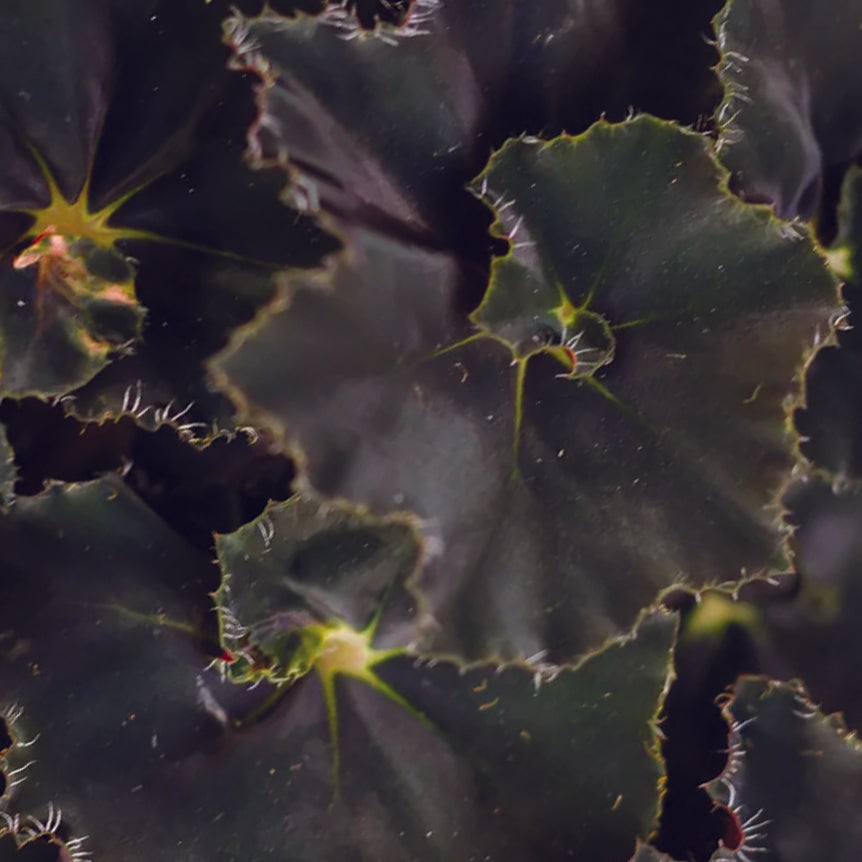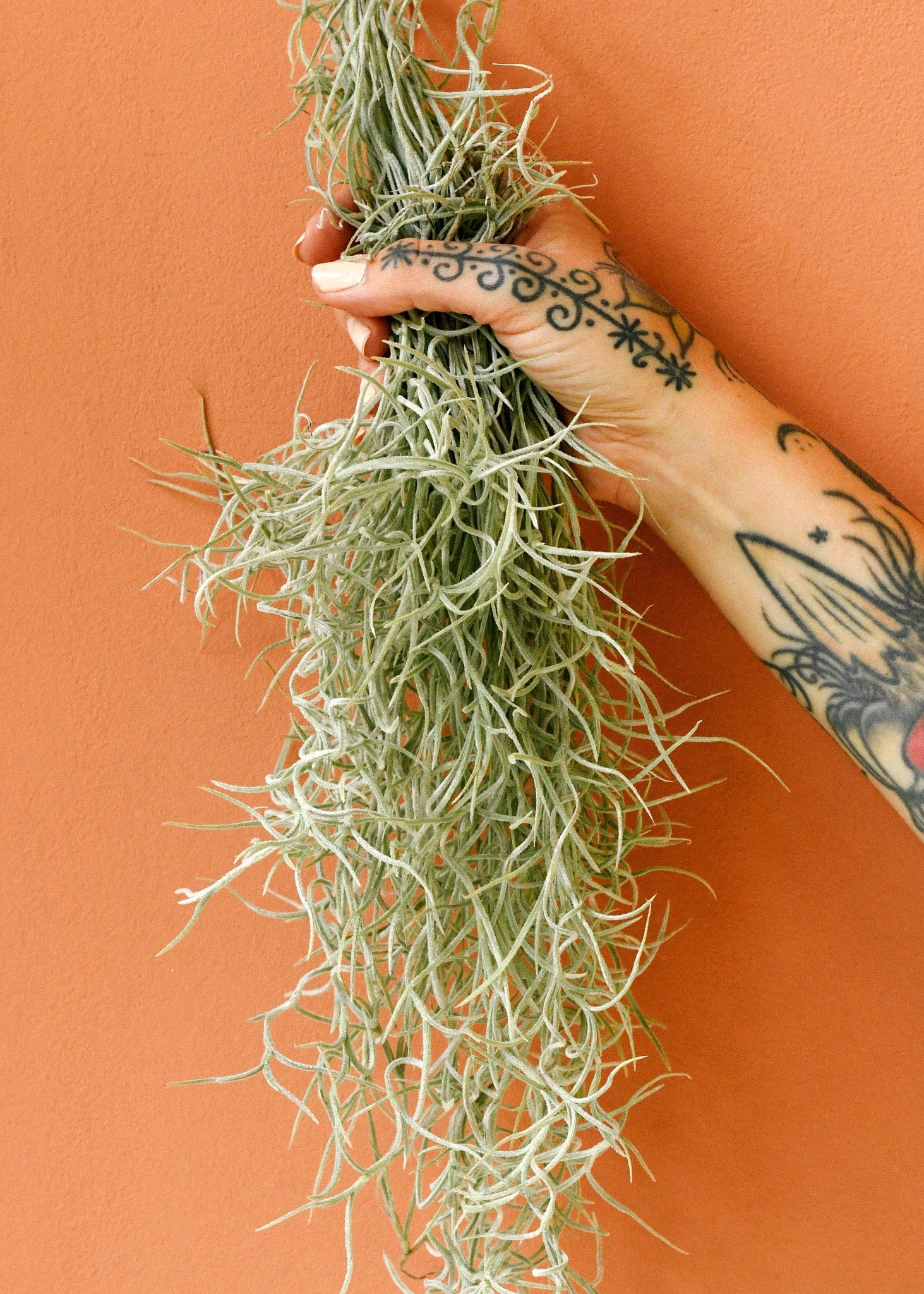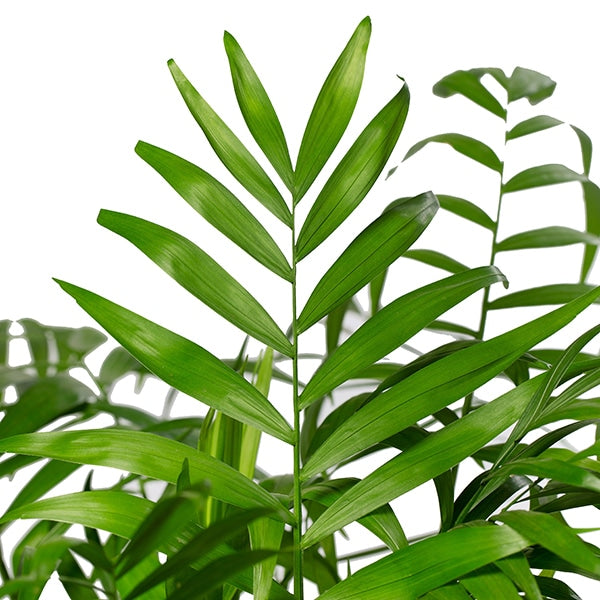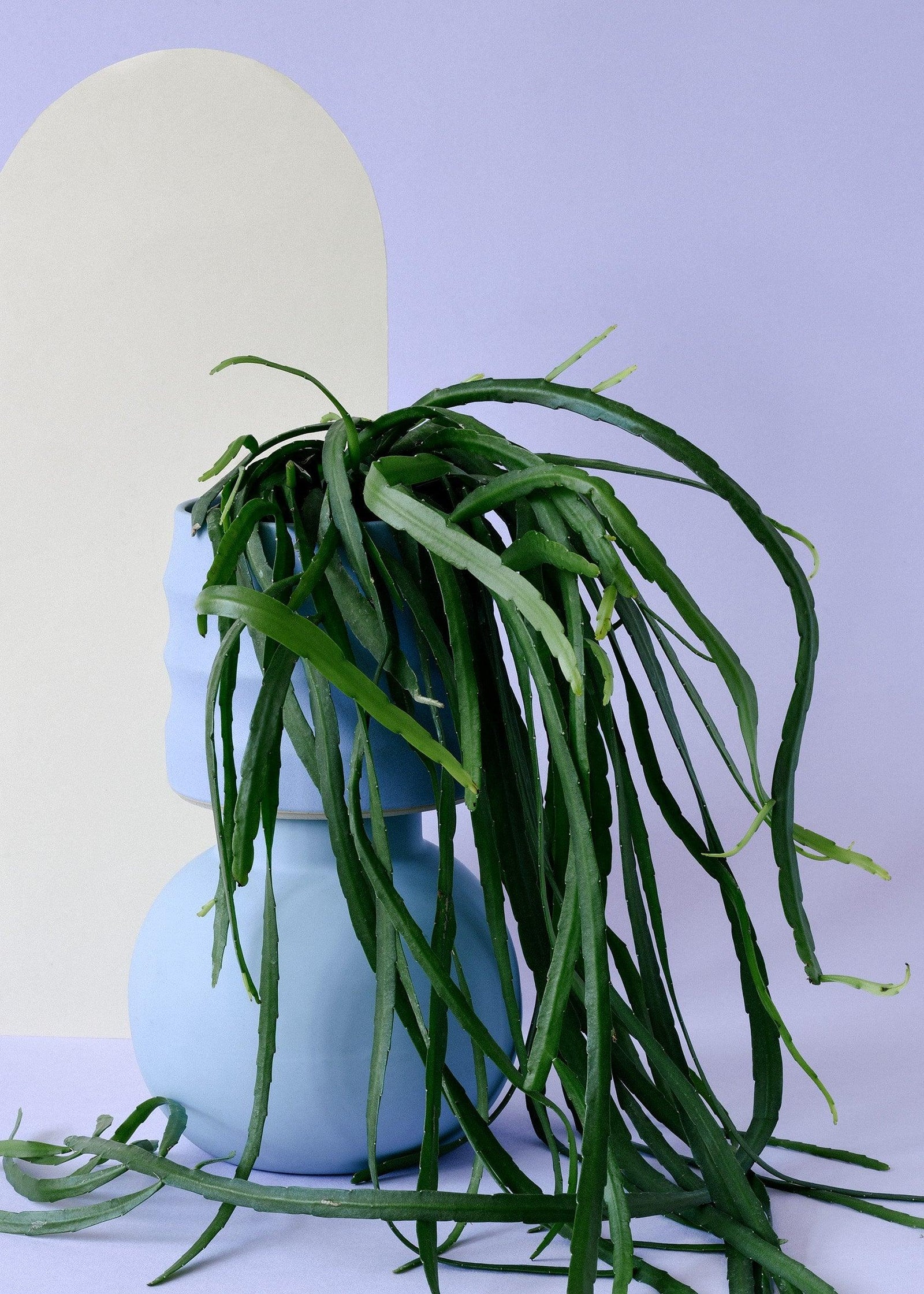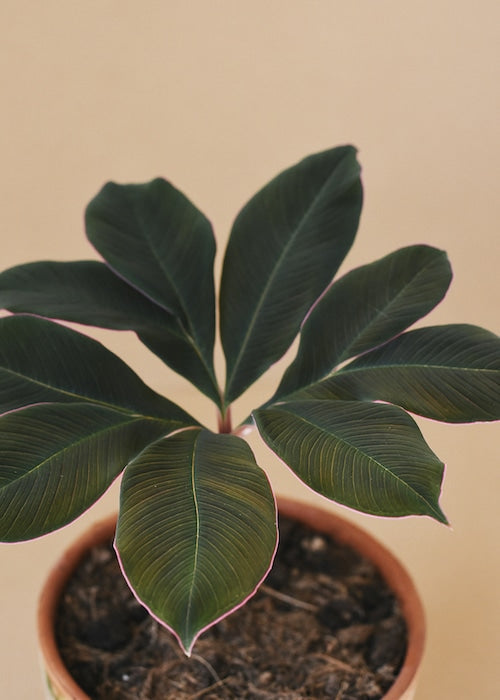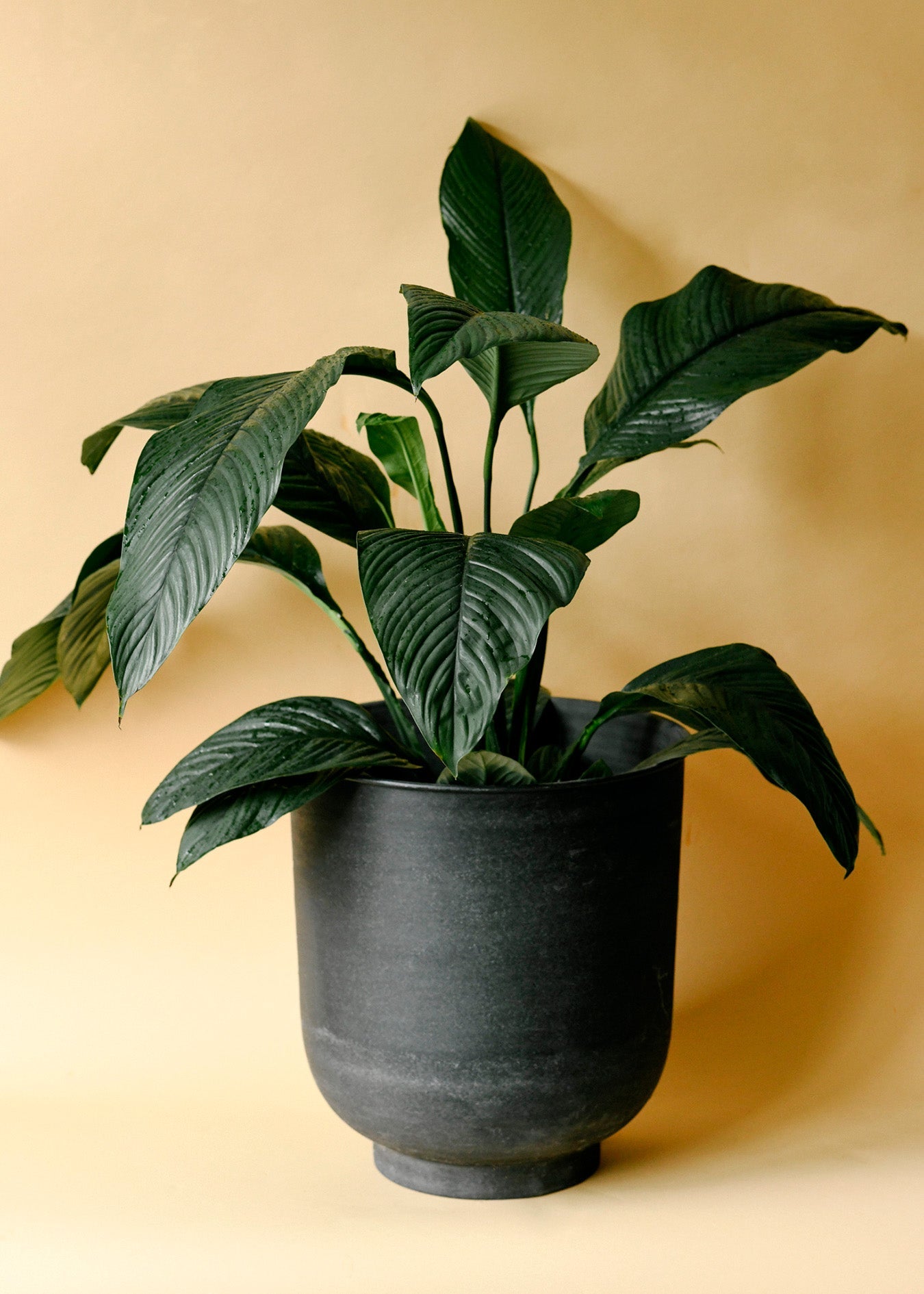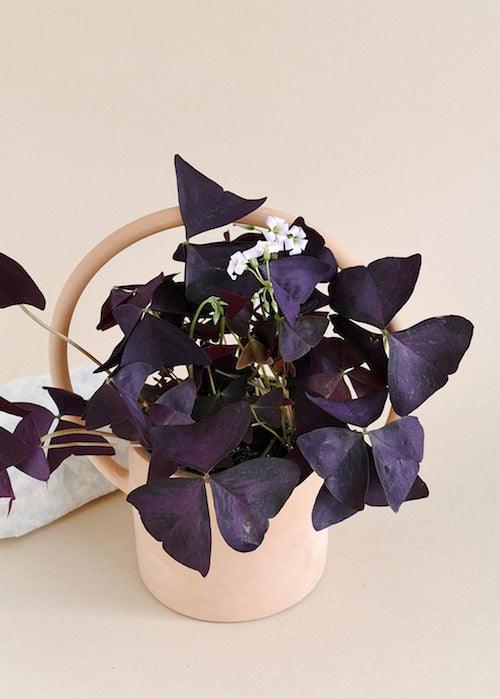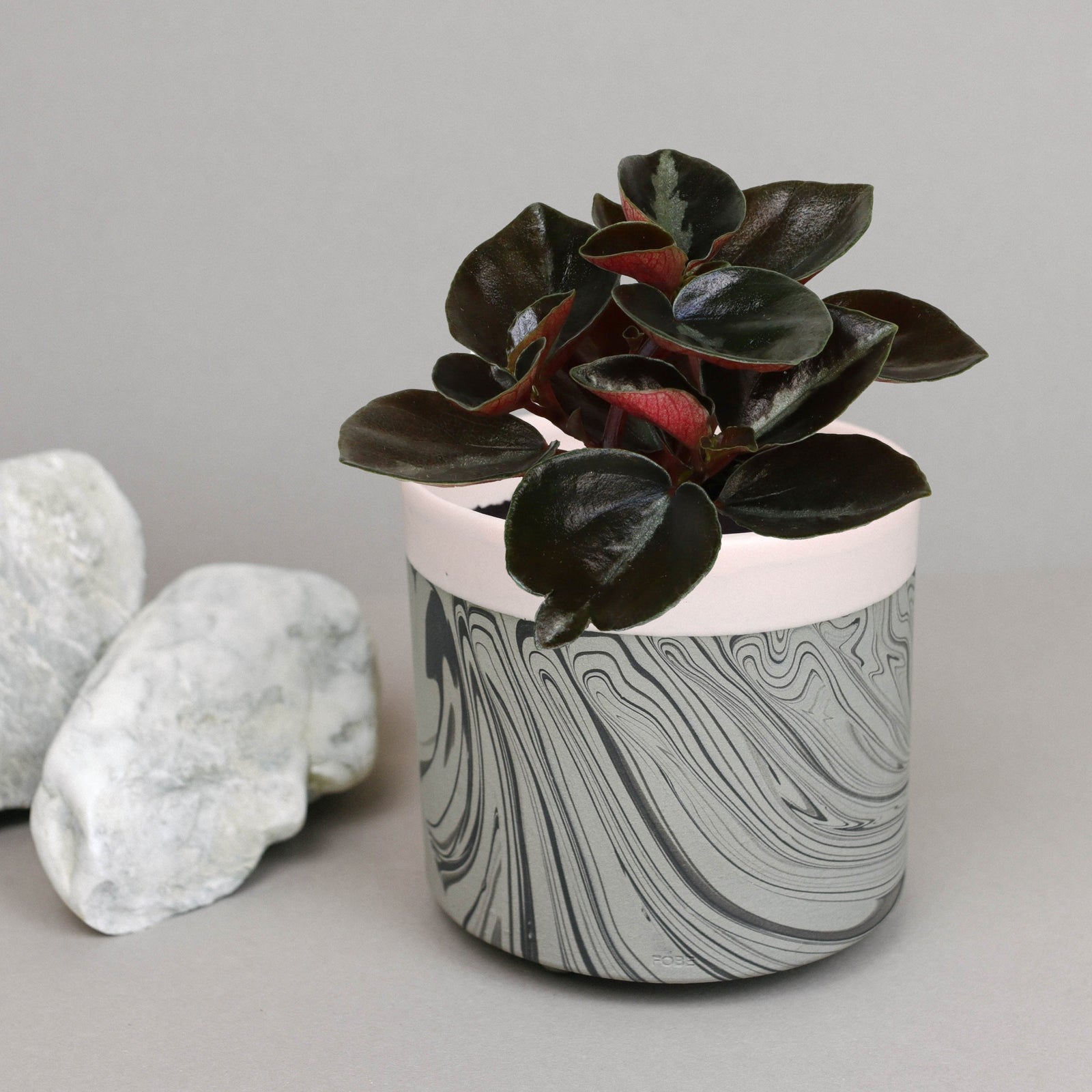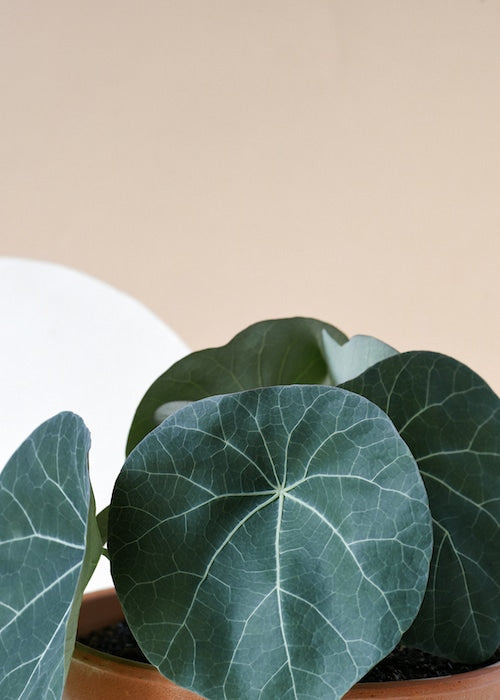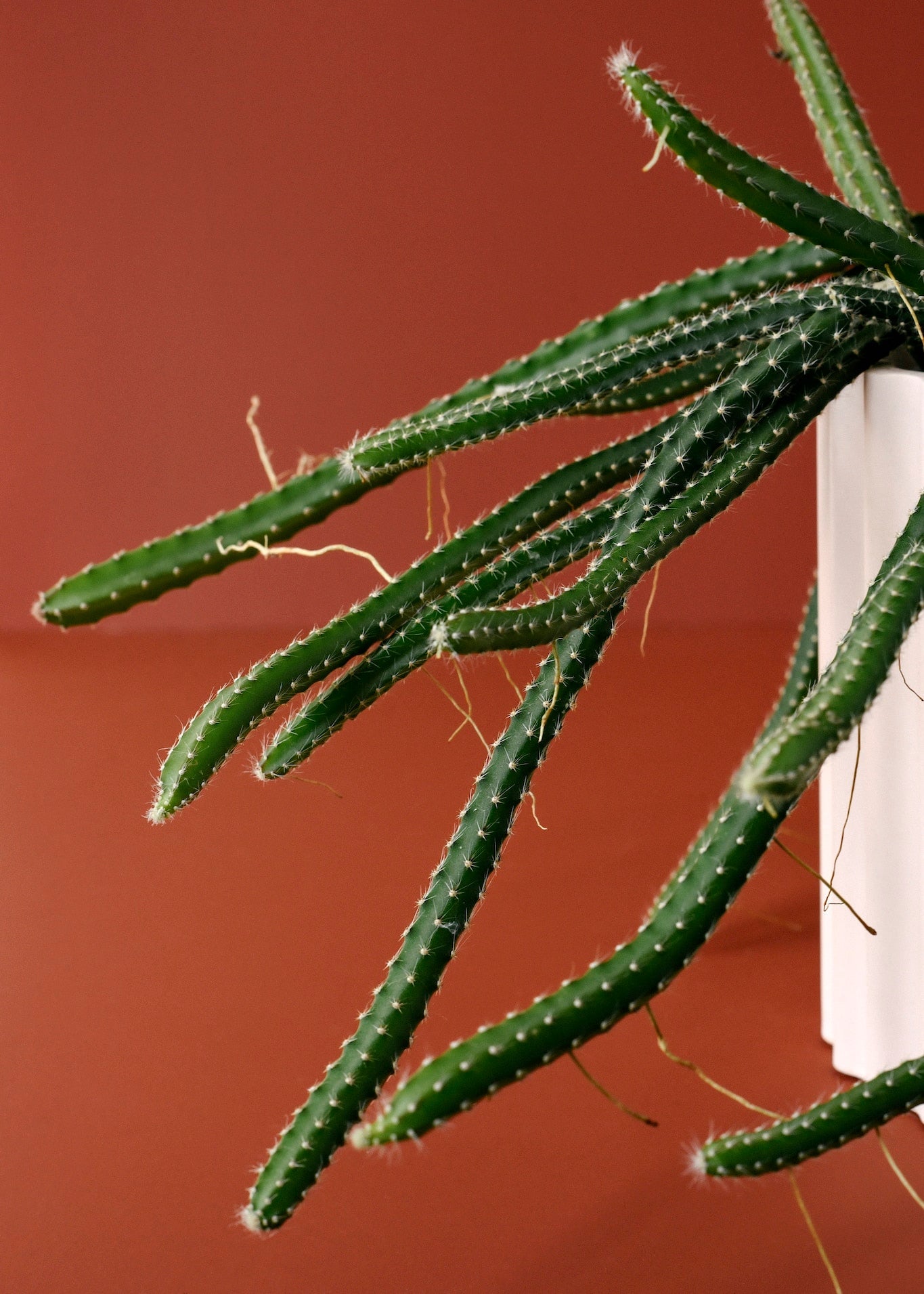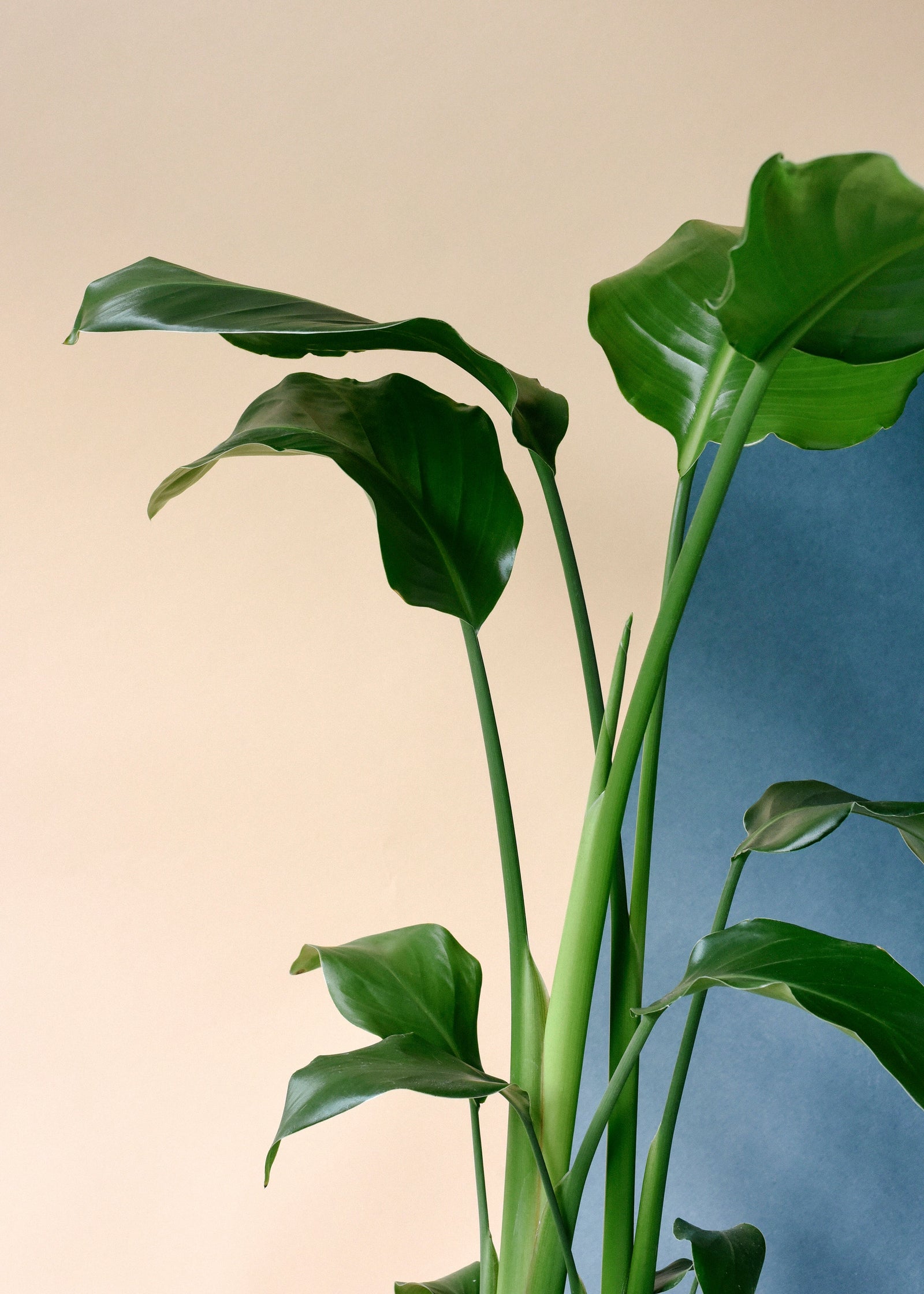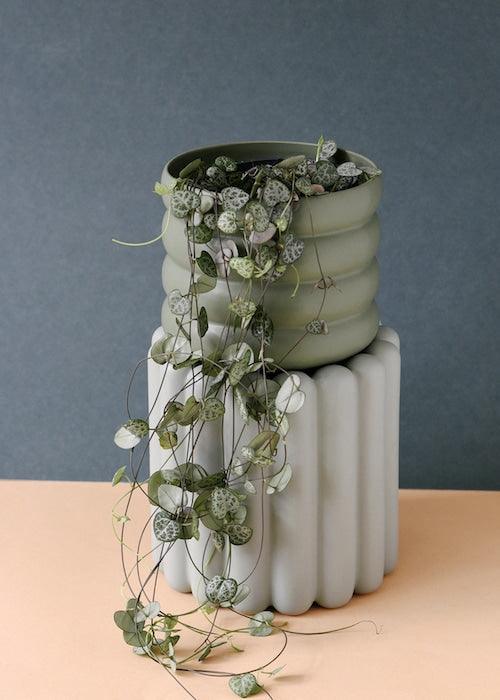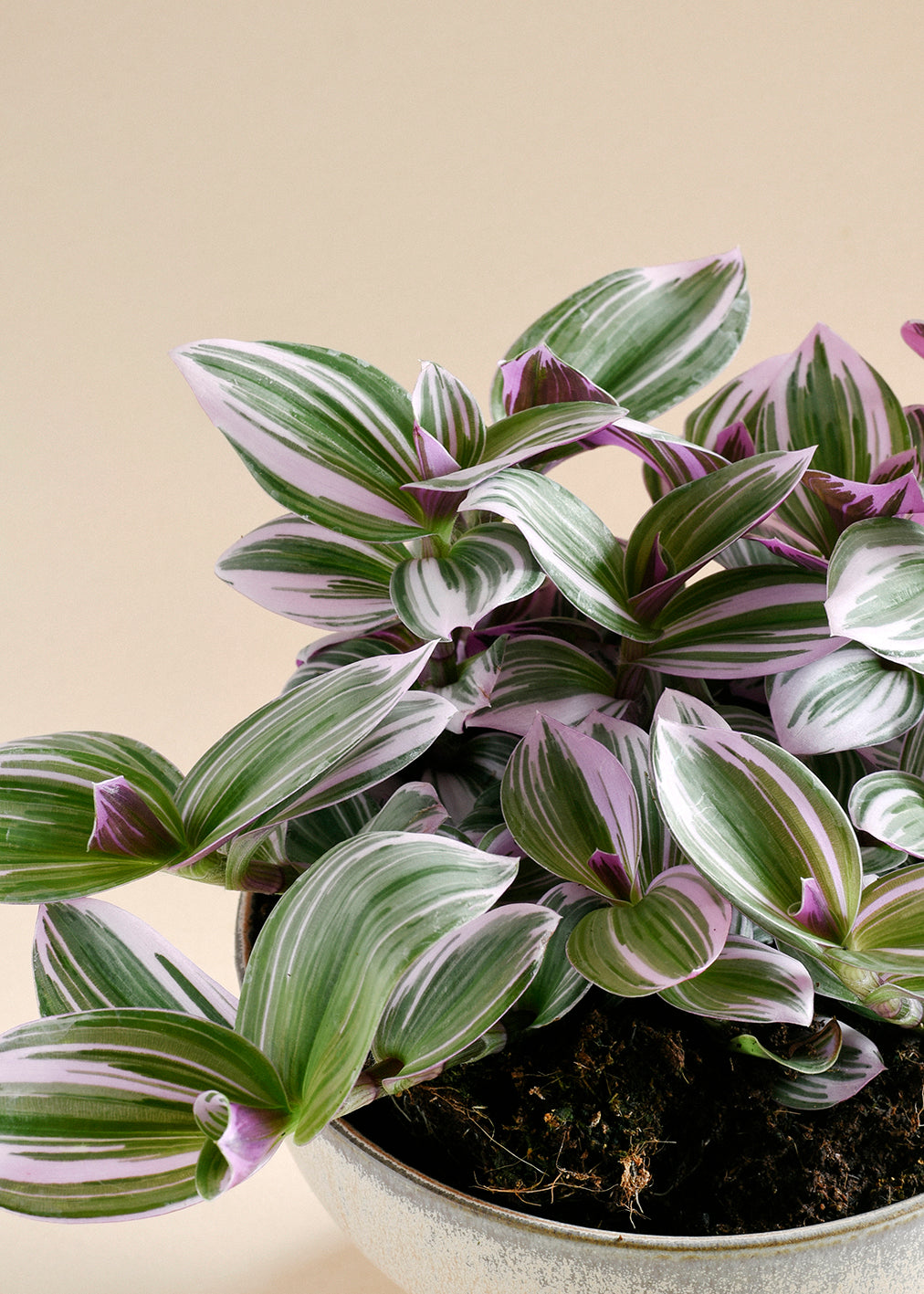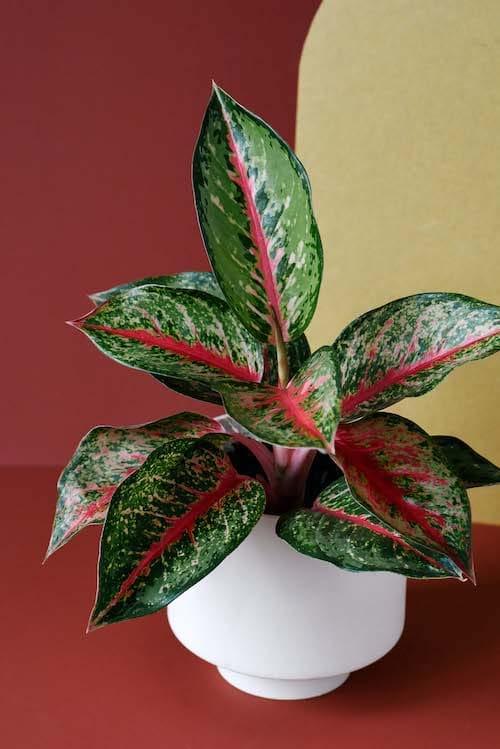Welcome to your ultimate guide for caring for Monolena, a unique and visually striking plant. Known for its vibrant foliage and intriguing growth pattern, Monolena thrives with the right care. Whether you're a seasoned plant lover or new to the world of indoor gardening, these tips will help you keep your Monolena healthy and beautiful.
Care Summary
| Light | Bright, indirect light |
|---|---|
| Watering | Allow top inch of soil to dry before watering |
| Humidity | Medium to high |
| Soil | Well-draining potting mix, like aroid mix |
| Pruning | Prune to maintain shape and remove dead leaves |
| Toxicity | Check specific species for pet and human toxicity |
Lighting Tips
Monolena prospers in bright, indirect light. Position it near a window where the sunlight is filtered through curtains or a shade. Direct sunlight can scorch the leaves, so it’s best to avoid exposing your Monolena to harsh rays.
Watering Advice
Watering is crucial for Monolena's health. Allow the top inch or two of soil to dry out before watering again. This method prevents root rot and ensures the plant receives just the right amount of moisture. Always check the soil moisture level before watering to tailor your routine to your home's environment.
Humidity and Soil Requirements
Monolena prefers a humid environment and well-draining soil. Using an aroid potting mix, which is specifically designed to drain efficiently while retaining necessary moisture, is ideal. If your indoor air is dry, consider using a humidifier or placing a water tray near the plant to increase humidity.
Pruning Practices
Regular pruning helps maintain the attractive appearance of your Monolena. Remove dead or yellowing leaves to encourage new growth and prevent potential pests and diseases. Pruning also helps in shaping the plant, keeping it lush and compact.
Why We Love It
Monolena is cherished for its ornamental value and adaptability. Its lush, green foliage adds a touch of nature to any indoor space, making it a popular choice for home and office environments. The ease of care and the plant's ability to adapt to various indoor conditions make it a favorite among both novice and experienced plant enthusiasts.




